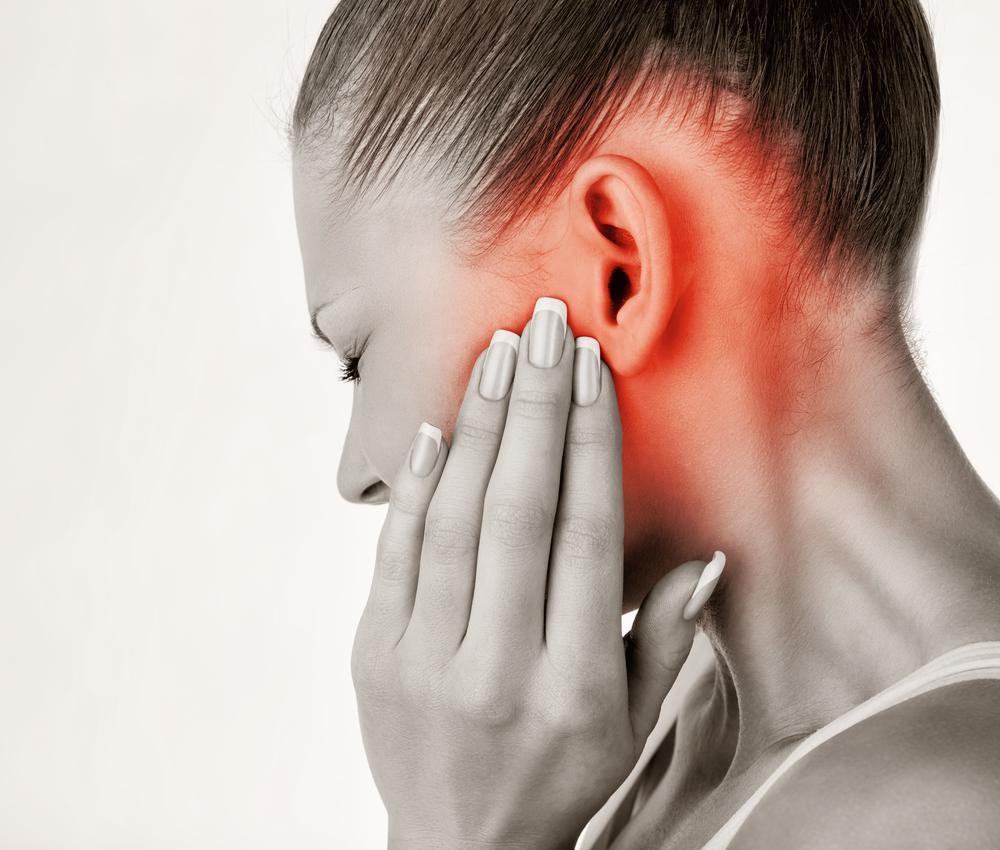
How Impacted Wisdom Teeth Can Cause Recurring Ear Pain and Sore Throats


Wisdom teeth typically erupt between the ages of 17 and 21, making them the last permanent teeth to emerge in your mouth. As a result, they're also the most common teeth to become wedged-in or impacted because there's not enough room in the jaw for them. Wisdom teeth that come in sideways, tilted or misaligned in the jaw, will press up against the surrounding teeth and shift your smile.
Read on to learn how impacted wisdom teeth can cause recurring ear pain, sore throats, and other uncomfortable symptoms until they are successfully removed.
The Basics of Infected Wisdom Teeth
An impacted wisdom tooth occurs when the tooth is blocked from fully erupting through the gum tissue. This often leads to the tooth being angled instead of being upright. A variety of additional issues can occur if an impacted wisdom tooth is not removed quickly.
If a wisdom tooth is impacted or fails to erupt fully, it can lead to infection. If a wisdom tooth begins to push on the neighboring molar, it can lead to tooth movement. Gaps and spaces between your teeth are then formed, which are not easily cleaned while brushing. As a result, these spaces become ideal for food and bacteria to collect, which eventually leads to cavities and tooth decay. Untreated tooth decay leads to infection, which can quickly spread throughout the mouth.
Common Symptoms of Impacted Wisdom Teeth
Some discomfort usually accompanies wisdom teeth coming through the gums. However, if a wisdom tooth is impacted, the tooth can quickly become problematic.
While some impacted wisdom teeth cause no pain or issues, the most common symptoms of an impacted wisdom tooth may include:
- Painful and swollen gums
- Tenderness around the swollen gum area
- Persistent bad breath
- Aches in the jaw area where the tooth is located
- Difficulty opening and closing the mouth
- Frequent earaches
Symptoms of an Infected Wisdom Tooth
Like many of the symptoms of an impacted wisdom tooth, a tooth that is already infected is accompanied by typical symptoms, including:
- Pain around the infection site
- Inflamed and tender gums
- Pus coming from the gum tissue
- Bleeding gums
- Swollen lymph glands under the jaw become swollen and sore
- A sore throat
- Difficulty swallowing
- Fever
Persistent Pain and Infection Should Never Be Ignored
One of the most noticeable indications that you need your wisdom teeth to be removed is the pain and irritation both at the tooth site and when you open and close your mouth. An impacted tooth can be painless, and you may not realize there is an issue. However, once the tooth attempts to erupt, the overlying gum tissue can swell and start to cause pain that radiates to the nearby teeth and the jaw. This pain can occur for several days and then disappear entirely for weeks or months before returning. Pain typically becomes more persistent and lasts for more extended periods if left untreated until the teeth are extracted.
If left untreated, infection from a wisdom tooth can spread towards the throat or into the neck, and become a severe health issue. Cysts and other benign (harmless) jaw tumors can also result.
Finding Relief With Wisdom Tooth Extraction
If you are experiencing any of these signs and symptoms of impacted or infected wisdom teeth, you should schedule an evaluation with your dentist. At Tompkins Dental, we will examine the area and take X-rays to determine if your wisdom teeth are impacted and diagnose the cause of your discomfort. If your wisdom teeth are, in fact, problematic, they will need to be extracted.
Don't let your wisdom teeth impact your overall health. Call Tompkins Dental today to schedule a wisdom teeth consultation appointment.
You Might Also Enjoy...


The Right (and Wrong) Ways to Travel with Your Toothbrush

When Is the Best Time to Remove Wisdom Teeth?

How Better Nutrition Can Help Prevent Gum Disease

Transitioning from Pediatric to Adult Dental Care


